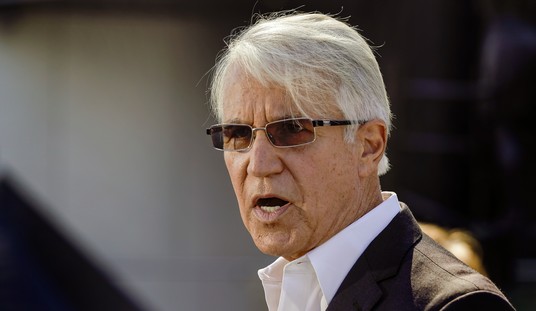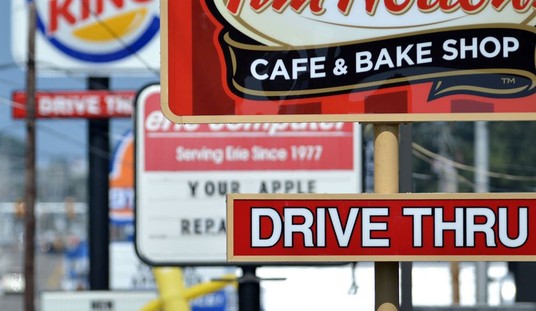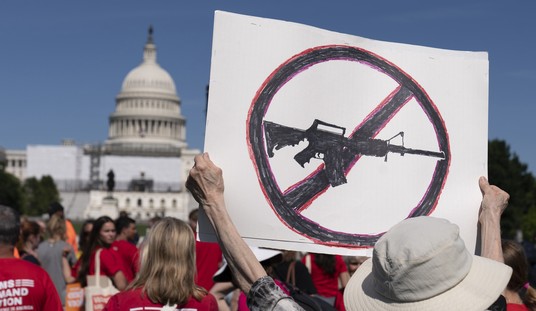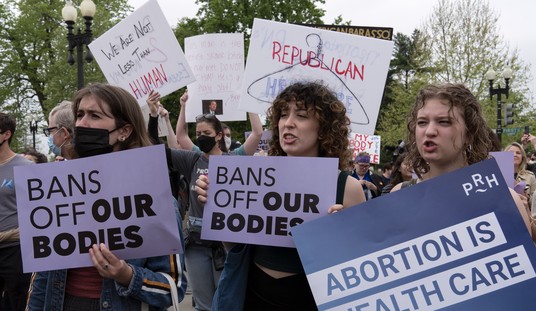 Another day, another story that causes us to wonder what, hypothetically, a police officer would have to do to get indicted for using excessive force. Via the Seattle Times:
Another day, another story that causes us to wonder what, hypothetically, a police officer would have to do to get indicted for using excessive force. Via the Seattle Times:
The decision comes after King County Prosecutor Dan Satterberg announced that his office would not seek a state felony charge against Shepherd, 38, a nine-year department veteran, for punching Miyekko Durden-Bosley in the back of his police cruiser.
Durden-Bosley, 23, was intoxicated and was verbally abusive after her arrest outside the home of a Seattle man whose mother had called the police. Durden-Bosley swore at Shepherd and kicked at him while being shoved into the back of a police cruiser, according to the investigation.
Shepherd reacted by punching her once in the face, fracturing the orbit of her right eye. Shepherd suffered no visible injuries, according to court documents.
Let us stipulate a few things. First, Durden-Bosley, like most people involved in these sorts of altercations, doesn’t make an extremely sympathetic character. There is allegedly video of this incident that the public has been unable to see prior to now where it shows that she kicked out at Shepherd after he had gotten her in the backseat of the car. It is unclear from the video whether the kick connected with Shepherd at all, but either way, Durden-Bosley deserved to get charged with assaulting an officer, and in fact was charged with that. All of that is fine.
That does not mean, under any set of circumstances, that Shepherd was legally privileged to haul off and sock Durden-Bosley in the face, hard enough to break a major bone in her skull. Law enforcement officers are privileged to use sufficient force to effectuate a lawful arrest, not to avenge slights on their personal integrity. And in this case, Durden-Bosley had already been handcuffed and placed in the back of the car when the alleged kick (which by all accounts did no actual damage to Shepherd) occurred. In other words, Shepherd was not trying to subdue a suspect, he was getting revenge.
I have noted a troubling trend in the course of some conservative commentary about cases such as these, which displays a complete misunderstanding of the nature of constitutional protections of civil rights. Whenever a story comes out about the use of excessive police force, a cottage industry of law enforcement officer apologists immediately begins pointing out that the suspect had a rap sheet or did something improper to bring the police to the situation and therefore whatever happened to them was their own fault. The first part of this equation is usually true – the vast majority of police interactions where force/violence becomes necessary involve people about whom the police have at least some reason to be there.
The second part shows a tendency towards acceptance of totalitarianism that I cannot either understand or abide. Just because the police suspect you (rightly or wrongly) of being involved in criminal activity does not give them carte blanche to use whatever level of force they feel like to bring the suspect into submission. Take the Eric Garner case, for instance. A number of commentators (none of whom I would trust to babysit my cat, if I had a cat) have suggested that Eric Garner was at fault for “resisting arrest.” This entirely glosses over the fact that not all instances of resisting arrest are created equal. Garner did not take any threatening or menacing actions towards the cops, he did not pull a knife or other weapon on them, and he was outnumbered by them by about 12 to 1. The sum total of “resisting arrest” in his case was to turn his back to an officer who was trying to cuff him. Would these same commentators have been comfortable if the police in question had responded to this affront to their authority by pulling their sidearm and shooting Garner in the back of the head?
The problem we see is that there is a certain segment of the population (that seems to be over represented among District Attorneys) who seem to believe in the false choice that we must either permit police officers to use all the available force at their disposal under any circumstance or we must permit them to use no force at all. No one is suggesting that Panteleo should have just allowed Eric Garner to walk away, or that Shepherd was not allowed to use force to put a clearly belligerent Durden-Bosley in the car in the first place. The suggestion is that when the use of force becomes grossly disproportionate to the amount of force necessary to effectuate a lawful arrest, police should face consequences just like regular citizens who use excessive force to defend themselves. In the case of Garner, the use of a carotid bar carried the obvious risk of serious injury or death, especially to an obviously morbidly obese middle aged man, and it constituted grossly inappropriate force to subdue a man who presented no obvious threat to the police at all. And in the case of Shepherd, a flat out punch to the face of a woman who was already handcuffed and in the back of a cruiser cannot reasonably be interpreted as an attempt to subdue at all but rather only blatant retaliation by a cop with his temper up.
It is no answer at all to suggest that the police ought to be given greater latitude in these matters than ordinary citizens because they have a difficult job. Doubtless it is true that the job of policing is often difficult, but part of the difficulty is the justified expectation that those who have a monopoly on the legally privileged use of force will be held to a higher standard of conduct than us ordinary schleps who do not get to arrest people. The refusal to see this point only invites further encroachment of the police state and further erosion of our civil liberties.
Definitely it is true that following every order given to you by a policemen promptly and courteously will reduce your chances of being killed or injured by a cop who is using excessive force. That’s obviously a good lesson for parents to teach their kids. However, I don’t want to live in America where it’s generally accepted that failing to bow and scrape before police justifies police brutality and I find myself increasingly leery of those who are willing to suggest as much in public.














Join the conversation as a VIP Member